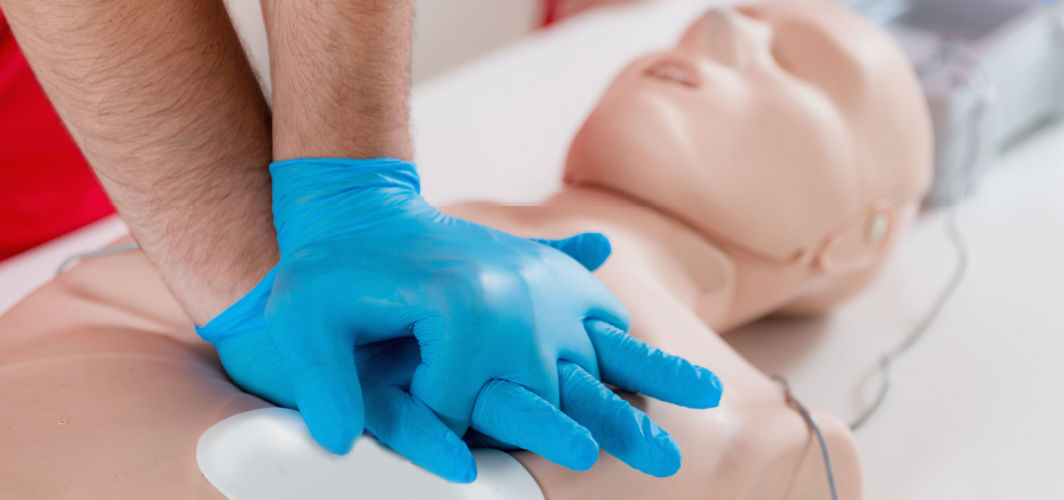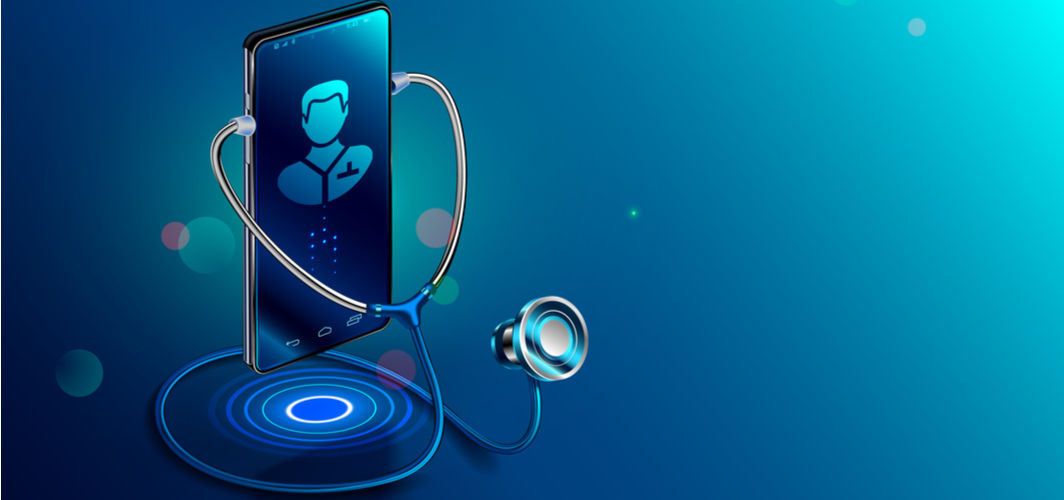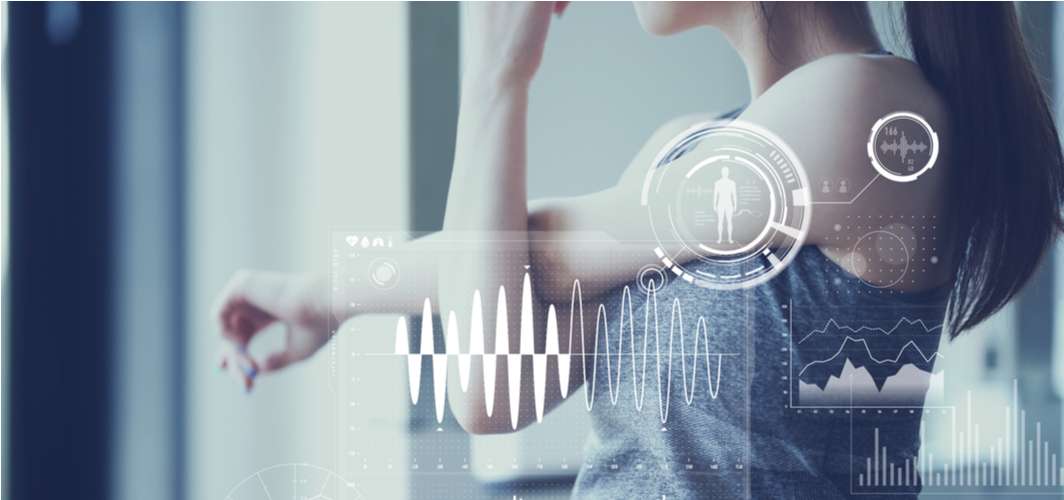Heart Conditions
Research Says Marijuana Use Can Damage Your Heart!
3 min read
By Apollo 24|7, Published on - 10 March 2023, Updated on - 20 June 2023
Share this article
0
0 like

Several states in the world have started legalising the use of marijuana for medical and recreational purposes. However, many experts believe that it’s not safe for use and can do more harm than good. Furthermore, increasing evidence has indicated that cannabis can actually result in cardiovascular diseases. Recent research shows that marijuana can interact with some medications and affect the heart adversely. Let us know more about the study in this blog.
NOTE: Consumption and possession of cannabis are illegal in India. We do not promote the use of marijuana in any manner.
What Does the Study Say?
The researchers from Stanford used the information provided by the participants (related to their cannabis use) and divided them into five categories; daily users, weekly users, monthly users, those who used it once or twice in three months and the ones who never used it.
These categories were then compared with the medical records of the participants. They discovered that:
- Those who used cannabis daily were 34% more likely to develop coronary artery disease (caused by the buildup of plaque in artery walls) as compared to those who never partake.
- Those who used marijuana only once a month or less did not show any significant risk of CAD.
How Does Marijuana Use Affect Heart Health?
Researchers have found many common substances found in both marijuana smoke and tobacco smoke. These substances are harmful to your cardiovascular system and lungs. Smoking any substance, including cannabis, can have a negative impact on your blood vessels, lungs, and heart. Marijuana use can adversely affect your heart in several ways. These include:
1. Narrows Arteries
Similar to cigarette smoking, using marijuana narrows the blood vessels around your heart, hampering its normal function.
2. Reduces Pumping Ability
Some animal research shows that marijuana can reduce your heart’s ability to pump or contract. In some cases, people with normal heart function often develop serious heart conditions due to the persistent use of cannabis.
3. Worsens Uneven Heartbeat
Studies have found that heart rhythm abnormalities, like atrial fibrillation and tachycardia, can occur within an hour of smoking marijuana as it contains harmful ingredients such as delta-9-tetrahydrocannabinol (THC).
4. Raises Blood Pressure
Blood pressure and heart rate increase considerably immediately after an individual uses marijuana. Continuous use of marijuana can be extremely dangerous, especially for those who are at risk for heart disease or stroke.
5. Causes Inflammation and Atherosclerosis
THC, a psychoactive component of marijuana, causes atherosclerosis as well as inflammation in the cells that line the interior of your blood vessels.
5. Increases the Risk of Heart Attack and Stroke
Some research shows that smoking marijuana triggers heart attacks and can result in an increased risk of suffering from strokes and heart failure in those with underlying heart conditions.
Is There a Way to Counteract the Effect of Marijuana on Heart Health?
Studies have shown that the inflammation and atherosclerosis caused by marijuana use can be blocked by a small molecule known as genistein, which is found in fava beans and soy. Genistein works effectively to counteract the damage caused by marijuana to the endothelial vessels without affecting the positive effects of the drug on the central nervous system. Since this molecule has very little brain penetration, it does not restrict THC’s ability to dull pain, stimulate appetite, and relieve nausea, which are the major medicinal benefits of marijuana. This means that the use of genistein can be quite helpful in protecting medical marijuana users from CAD.
Apollo 24|7 does not promote the use of marijuana or cannabis. If you have any questions regarding the impact of marijuana on the heart,
Consult Apollo's Expert Cardiologists
Medically reviewed by Dr Sonia Bhatt.
Heart Conditions
Leave Comment
Recommended for you

Heart Conditions
Women May Suffer from Heart Diseases Even at a Lower Blood Pressure
A recent study concluded that women could be at higher risk of developing cardiovascular diseases at systolic blood pressure lower than 120 mm Hg.

Heart Conditions
How To Perform CPR? Here’s All You Need To Know
CPR is an emergency technique that can help save lives in cases of cardiac arrest. Keep reading to find out more about how you can make yourself useful when a situation does arise.

Heart Conditions
Better Heart Care Using the Power of Digital Health
World Heart Day 2021 aims to explore innovative ways to use digital health to improve awareness, prevention and management of CVD across the globe.
Subscribe
Sign up for our free Health Library Daily Newsletter
Get doctor-approved health tips, news, and more.
Visual Stories

Easy Cardio Exercises to Keep Your Heart Healthy
Tap to continue exploring
Recommended for you

Heart Conditions
Women May Suffer from Heart Diseases Even at a Lower Blood Pressure
A recent study concluded that women could be at higher risk of developing cardiovascular diseases at systolic blood pressure lower than 120 mm Hg.

Heart Conditions
How To Perform CPR? Here’s All You Need To Know
CPR is an emergency technique that can help save lives in cases of cardiac arrest. Keep reading to find out more about how you can make yourself useful when a situation does arise.

Heart Conditions
Better Heart Care Using the Power of Digital Health
World Heart Day 2021 aims to explore innovative ways to use digital health to improve awareness, prevention and management of CVD across the globe.
